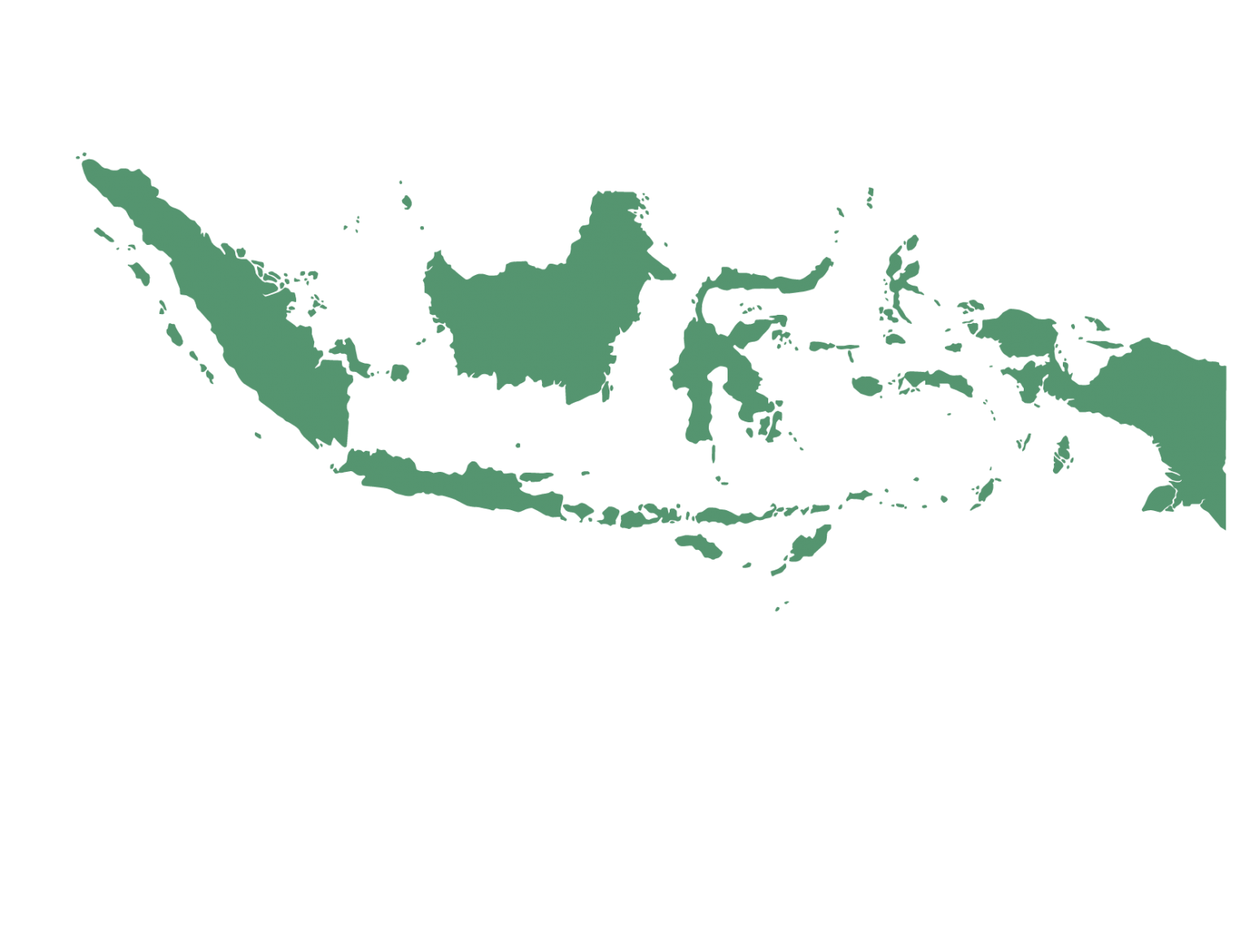
Population:
269 million
Evangelical population:
3.18%
People groups:
789
Unreached people groups:
235

Indonesia
Earning the honor of Southeast Asia’s largest economy, Indonesia is also the world’s largest country comprised only of islands. A vast archipelago between the Indian and Pacific oceans, Indonesia is made up of 13,466 islands—922 of which are permanently inhabited. The majority of the islands are coastal lowlands, though the largest islands—Java, Sumatra, Borneo, New Guinea, and Sulawesi—have some interior mountains. Indonesia is the most heavily forested region on earth after the Amazon.
Indonesia’s incredible diversity comes from its 300 distinct native ethnic groups. Though Indonesian is the country’s official language, most citizens speak other languages. More than 700 languages are used in Indonesia.
With the fourth largest population on earth, the country is the most populous Muslim-majority nation in the world. More than 87 percent of the population is Muslim, with the majority being Sunni Muslim. An aggressive mosque-building program, fueled by petrol dollars, is part of the Islamic vision of an Indonesia free from Christians. Believers face high levels of persecution from radical Muslims, who are pushing Sharia-inspired laws in more and more communities.
Christianity has sustained continued growth throughout the past 50 years, especially among animist people, but nearly 100 million people remain unreached.
Indigenous missionaries face high levels of persecution and need assistance to help cover their living expenses as they persevere to share the gospel with unreached people groups. Bibles are needed for the 13 million believers in the 80-percent Muslim country, along with biblical training for Indonesian pastors. Among Indonesia’s Christian population is a strong need for biblical leadership and teaching. Many indigenous churches have no discipleship program. Biblical illiteracy is an enormous problem, which has allowed syncretism into the Church.
Motorbikes are needed for local translators, who create gospel recordings in native languages, and indigenous missionaries who follow up with villagers after they listen to the recordings. The availability of Scripture and gospel teaching in the heart languages of Indonesia’s tribal population will greatly benefit the growth and maturity of the Church.
Other needs include funding to help local missionaries and pastors start small businesses, which enable them to be self-sustaining and provide them with many opportunities to engage with people in their communities. More than 1,000 people have been reached with the gospel through these small businesses. Assistance is also needed for an indigenous ministry to continue its compassionate food distribution program, which feeds several hundred malnourished children in poor areas.
Sources: Joshua Project, CIA World Factbook, Operation World
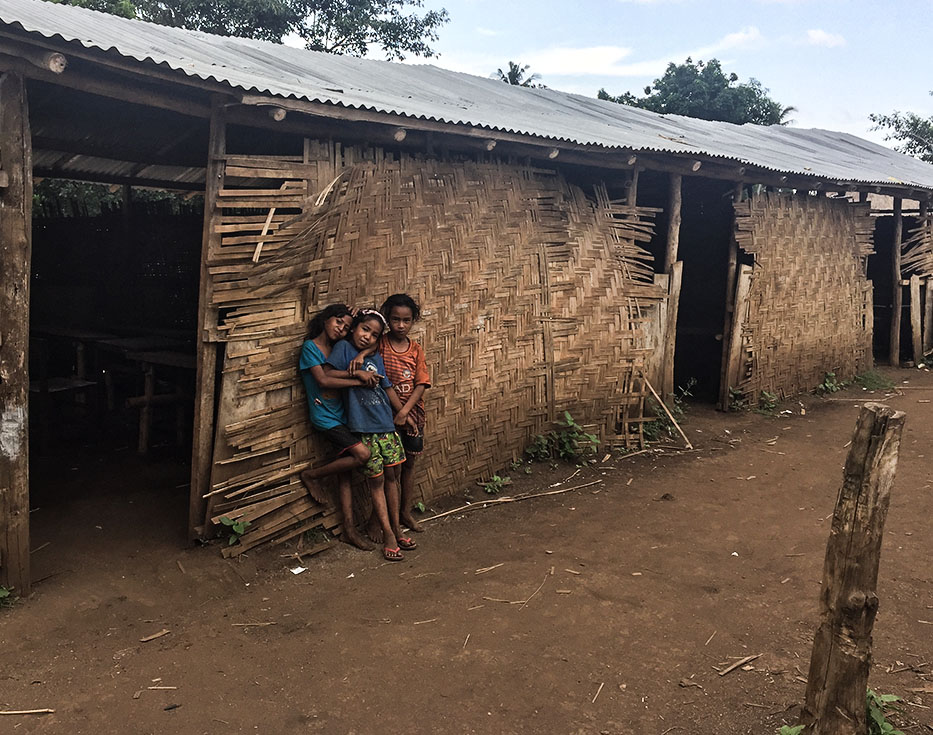
How to Pray for Indonesia
- Pray for the more than 200 people groups in Indonesia that are still unreached with the gospel; ask the Lord for open doors and divine connections, that witnesses for Christ would soon be established in each of these groups.
- Pray for wisdom and resources for indigenous missionaries as they share the gospel in strategic and creative ways.
- Pray that the Lord would break the stronghold of Islam in Indonesia and open people’s eyes to the truth of Jesus Christ.
More stories from Indonesia
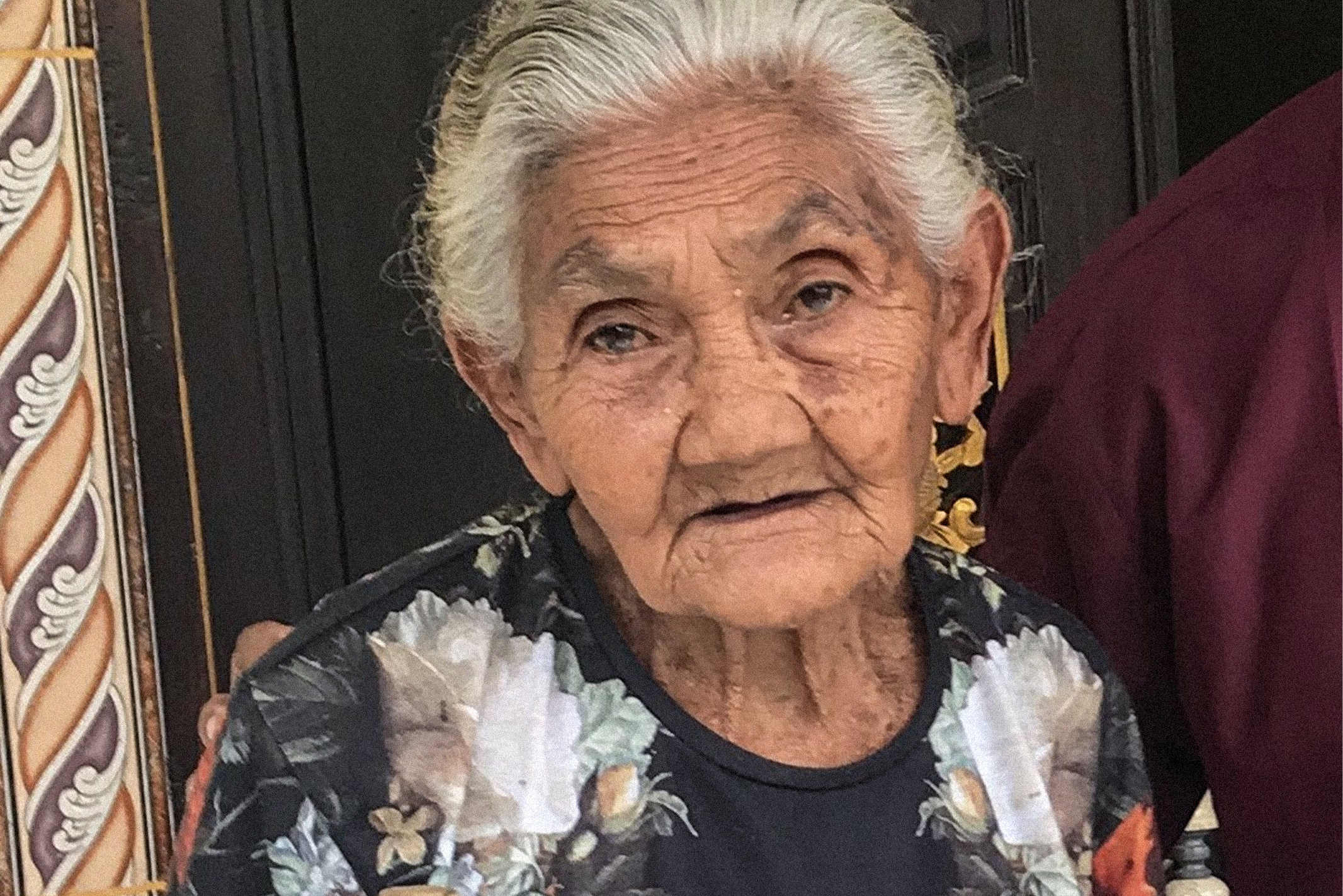
Help Give Voice to Gospel Witness in Indonesia
Three people recently put their faith in Christ, including a Muslim hired as a driver for native Christian workers who spent a week providing medicines, groceries and other aid to the poor. “He was very surprised to see our acts of love,” the ministry leader said.
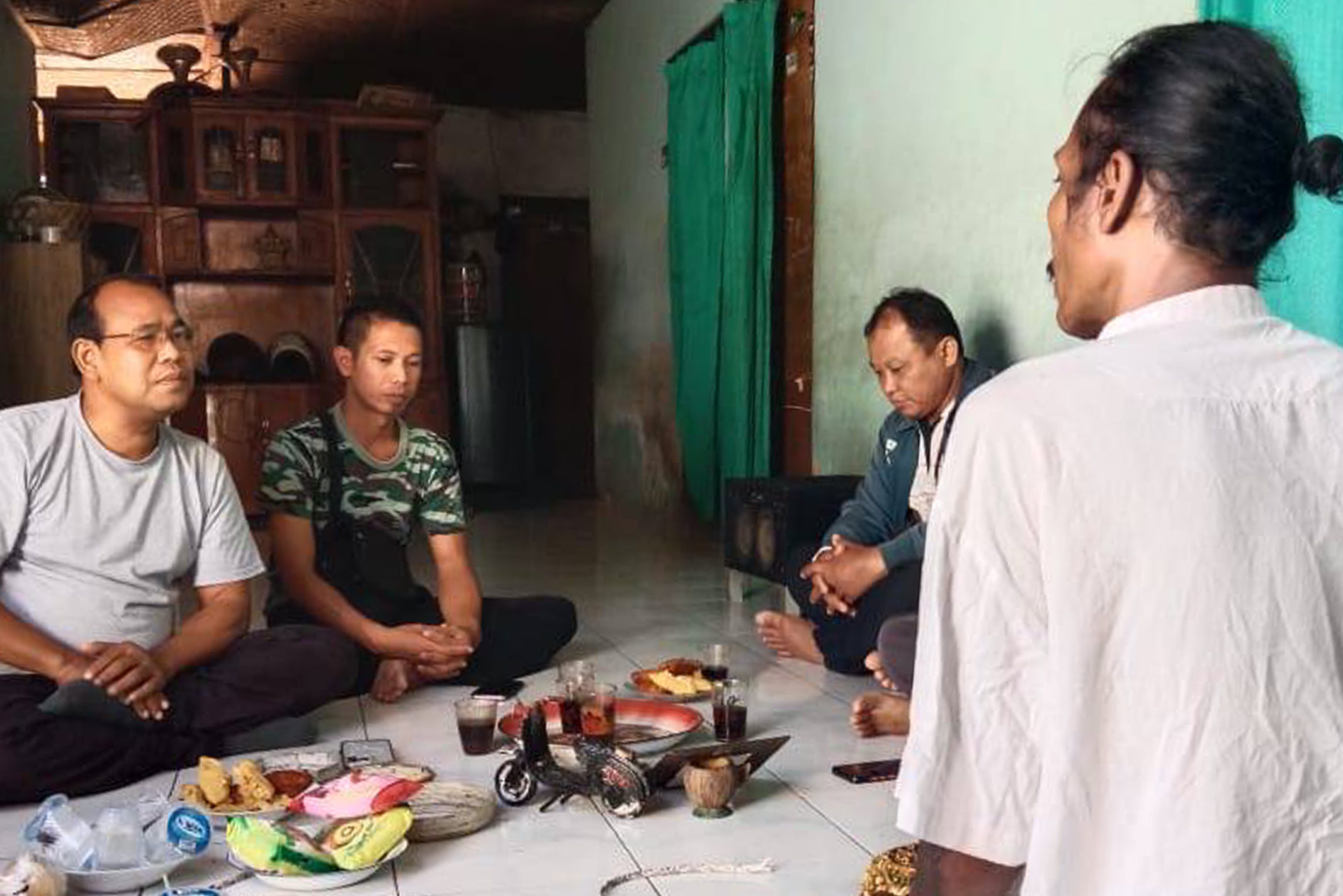
Support Workers Proclaiming Christ in Indonesia
Native Christian workers spent much time in prayer before visiting a Hindu “holy man” with the gospel. When he and his wife put their faith in Christ, they were first kicked out of their home, and then the village and Hindu leaders held a ceremony ritually excluding him from their ancestral temple.
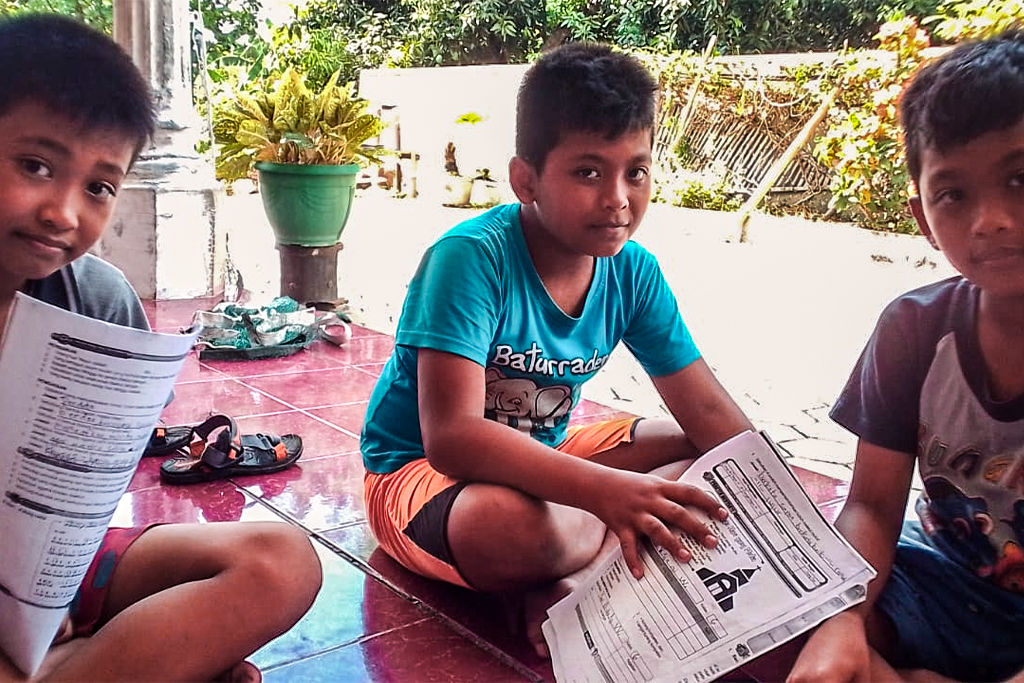
Help Spread the Gospel in Indonesia
Workers from a native ministry shared the gospel with 17,201 people over the course of six months and planted 46 house churches as 743 people put their faith in Christ. Among them was a mother of three children in her mid-30s who was contemplating suicide after her husband tried to kill her because she asked him to end an affair with another woman.
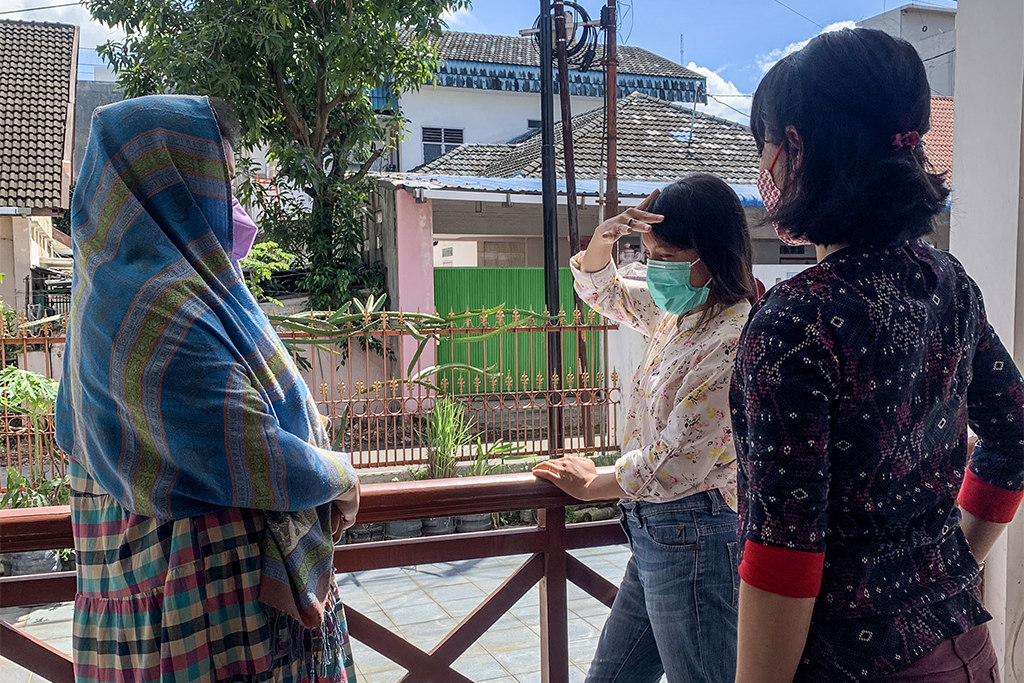
Help Send Salvation Message in Indonesia
A female church planter who led an impoverished mother to Christ began working alongside her in the fields so the work would get done earlier, creating time for Bible study and prayer. They prayed for the woman’s husband, who had long suffered mental illness, and he was healed and also received Christ.
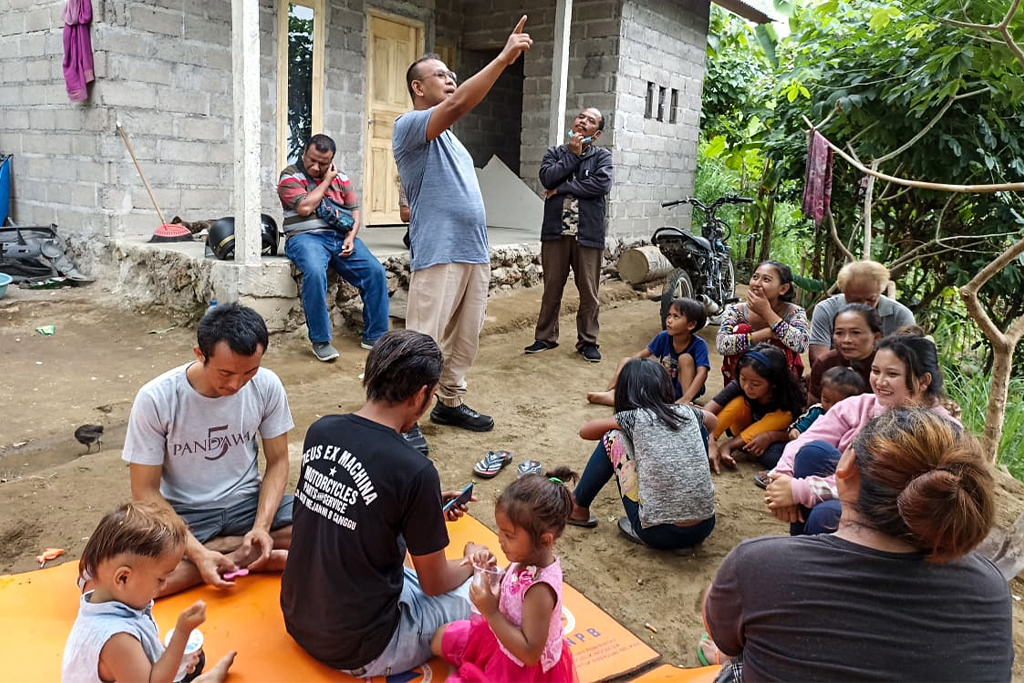
Help Power Gospel Proclamation in Indonesia
A native Christian worker who pastors various home churches recently had the opportunity to share the gospel at a worship gathering that a curious newcomer visited. “He wants to come again and again to see and hear more teaching,” the ministry leader said. “Now the pastor has a dual focus – discipling the church and evangelizing new people who come.”
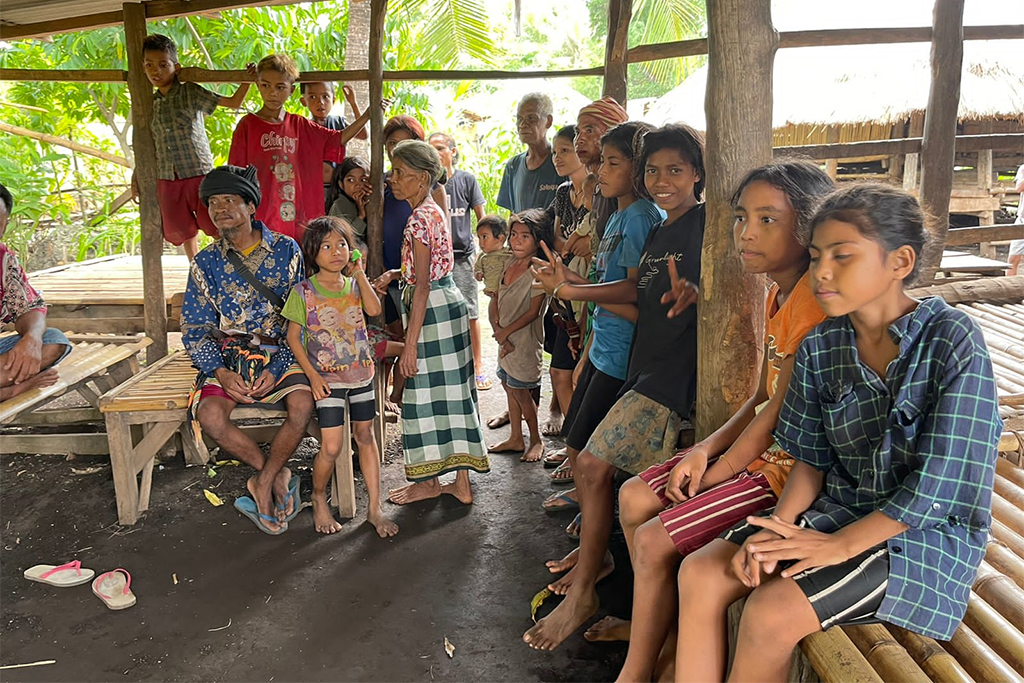
Help Workers Share the Gospel in Indonesia
A poor woman came to faith in Christ after meeting with one of the female church planters of a native ministry, who taught her to pray for healing of her husband’s long-term mental illness. She prayed for a month, her husband was healed, and soon he accepted Christ as Lord and Savior.
